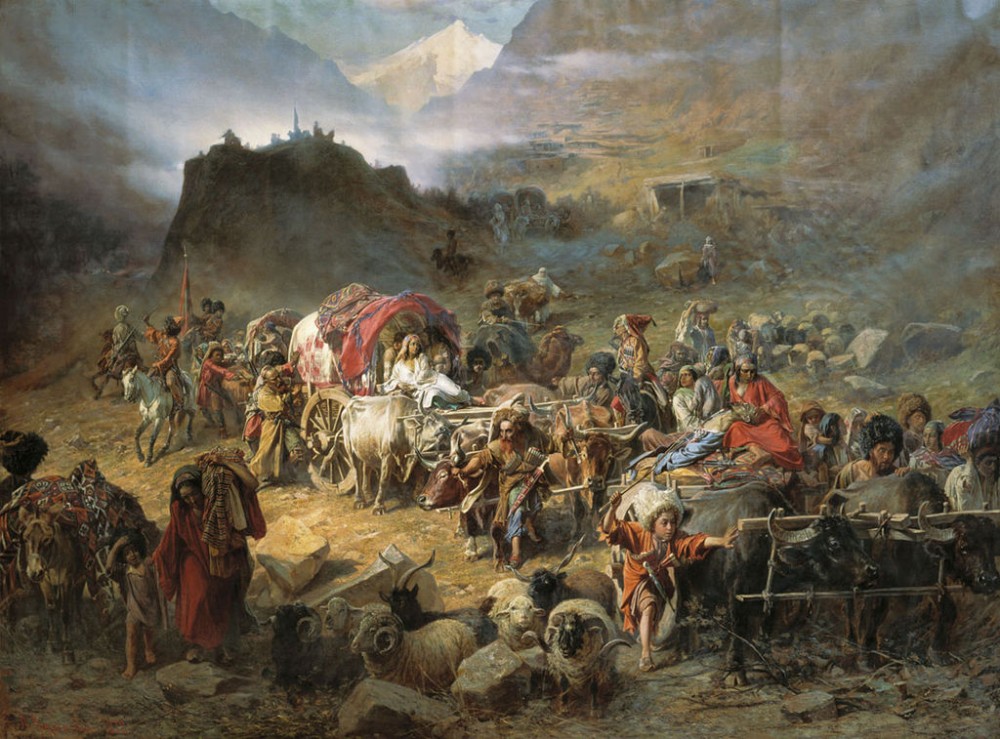What does the deterioration of the life of the average Russian citizen matter to the Kremlin if “Crimea is ours” and now the Kuril Islands as well.
What should the leadership of a country do when the fall of the national currency is beating all records, the economy stalls, and relations with the outside world grow progressively worse? Naturally, seek ways to overcome the crisis, establish new contacts, persuade neighbors of the absence of aggressive intentions. All this would be quite logical — only not when dealing with Russia.
In recent days, President Vladimir Putin, together with his co-ruler Dmitry Medvedev, visited Crimea and delivered another militant speech to the residents of the occupied peninsula. Now Medvedev has gone to the Kuril Islands.
Of course, the status of Crimea cannot be compared to that of the Kuril Islands for the simple reason that in the eyes of the entire world, the peninsula is occupied while the issue of the Kuril Islands is primarily a question of Russian-Japanese dialogue. But, just as it is impossible to normalize relations between Kyiv and Moscow without solving the problems of Crimea, it is impossible to normalize relations between Moscow and Tokyo without settling the question of the Kuril Islands. And in Moscow they are fully aware of this reality. Then why irritate the Japanese especially at a time when preparations are being made for the visits of the Japanese foreign minister to Russia and President Putin to Japan?
This is because in the Kremlin they do not know of any other way to respond to economic and political challenges than by militarizing society. What does the deterioration of the lives of ordinary Russians matter if “Crimea is ours” and the Kuril Islands as well. The Russian government is not very interested in the fact that the occupation of Crimea has led to a final break with Ukraine and the deterioration of Russia’s relations with the civilized world. Or that the absence of normal relations with Japan actually paralyzes the development of the Russian Far East.
And such a reaction to reality is not only a question for Putin and Medvedev but for all of Russian society.
If it is more important for Russia’s citizens to prove their ability to insult and frighten their neighbors than to ensure the normal development of their own country, this means that Russia will remain on the margins of history and progress — with or without Putin. Because for continued development you need to realize the importance of civilized dialogue with the world and not to build a world where you are hated and feared.






